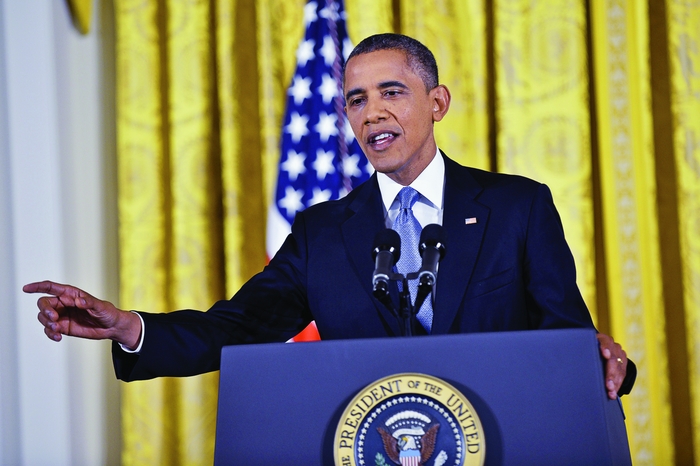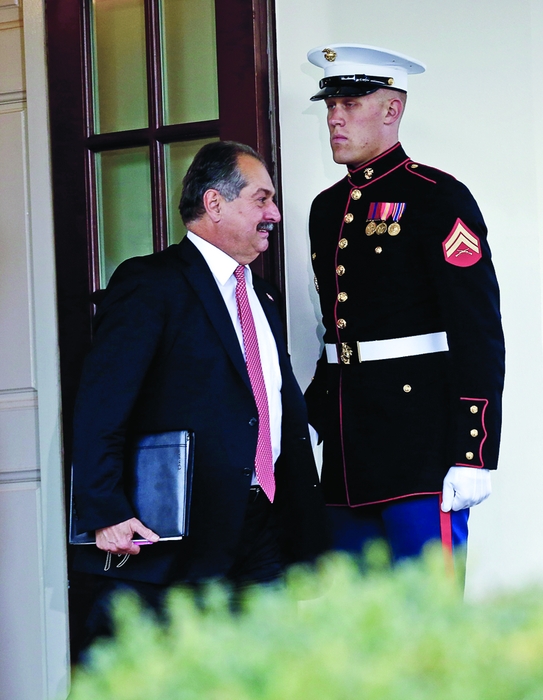Advertisement
Grab your lab coat. Let's get started
Welcome!
Welcome!
Create an account below to get 6 C&EN articles per month, receive newsletters and more - all free.
It seems this is your first time logging in online. Please enter the following information to continue.
As an ACS member you automatically get access to this site. All we need is few more details to create your reading experience.
Not you? Sign in with a different account.
Not you? Sign in with a different account.
ERROR 1
ERROR 1
ERROR 2
ERROR 2
ERROR 2
ERROR 2
ERROR 2
Password and Confirm password must match.
If you have an ACS member number, please enter it here so we can link this account to your membership. (optional)
ERROR 2
ACS values your privacy. By submitting your information, you are gaining access to C&EN and subscribing to our weekly newsletter. We use the information you provide to make your reading experience better, and we will never sell your data to third party members.
Policy
Shying Away From The Fiscal Cliff
Politics: President, Congress seek compromise as experts warn of dire consequences
by Glenn Hess , Andrea Widener
November 15, 2012
| A version of this story appeared in
Volume 90, Issue 47

\

\
Obama, who held a press conference last week (above), also met with business leaders, including Dow Chemical CEO Andrew N. Liveris (left), to talk about the fiscal cliff.
As the country digested the results of the 2012 elections, the focus in Washington, D.C., quickly turned to averting the so-called fiscal cliff, a series of tax increases and automatic budget cuts scheduled to take effect at the start of 2013.
As C&EN went to press, President Barack Obama was set to meet with congressional leaders from both parties. Negotiations concerning taxes and deficit reduction have been stalled for a year, but since the elections, both sides have offered conciliatory remarks. Such comments will be put to the test as Congress reconvenes for a lame-duck session that will target averting the fiscal cliff.
“I believe this is solvable. I think that fair-minded people can come to an agreement,” Obama said at a Nov. 14 press conference. “I won’t pretend that figuring out everything else will be easy … but I know that’s what the American people want us to do.”
The current crisis is caused by two separate events that will come to a head in January. First is a sharp increase in income tax rates caused by the expiration of tax cuts enacted under former president George W. Bush. And second is across-the-board cuts in federal spending, called sequestration, that came about when congressional leaders failed to reach a deficit-cutting deal last year. The Congressional Budget Office says the combined effect of tax hikes and massive budget cuts will plunge the economy back into recession.
“After a highly contested election, we are hopeful that both parties can set aside the bitterness of the campaign and address the needs of the nation,” says Lawrence D. Sloan, CEO of the Society of Chemical Manufacturers & Affiliates, a trade association for the specialty chemical industry.
Business leaders say that reaching a deal before the end of the year would give them an incentive to expand and increase hiring, but not doing so would slow economic growth.
“Folks in the business community believe it’s time to unite our country because America’s competitiveness is at stake,” says Jay Timmons, CEO of the National Association of Manufacturers, the nation’s largest industrial trade organization. “I don’t think there’s anything more urgent than dealing with our fiscal crisis.”
Similarly, research advocacy groups are calling for Congress to take action to avoid sequestration, which would reduce the budgets of federal R&D agencies by about 8%. The advocacy group Research!America teamed up with other organizations for a “We Need Cures, Not Cuts” campaign that included lobbying Congress to stop the impending cuts. “Research advocates must join forces to fight for lifesaving research, which is also a fight for American innovation and American jobs,” said Mary Woolley, Research!America’s president.
Obama supports increasing taxes on families that earn more than $250,000 per year. He also says he is open to new ideas that won’t hurt the middle class or cut important federal programs, including those related to R&D. The business community is calling on the President and Congress to immediately negotiate a long-term budget deal—but it also strongly opposes the President’s bid to raise tax rates. It is urging Congress to continue current tax policy and turn next year to overhauling the tax code and entitlement programs to control the growing national debt.
Financial issues are likely to dominate the postelection session of Congress, but chemical manufacturers will push for action on industry-specific priorities, such as tariff legislation. More than 2,000 bills have been introduced in Congress to temporarily suspend import duties on chemicals and raw materials not manufactured in the U.S. A package of duty suspensions Congress passed in 2010 expires at the end of December.


Join the conversation
Contact the reporter
Submit a Letter to the Editor for publication
Engage with us on Twitter